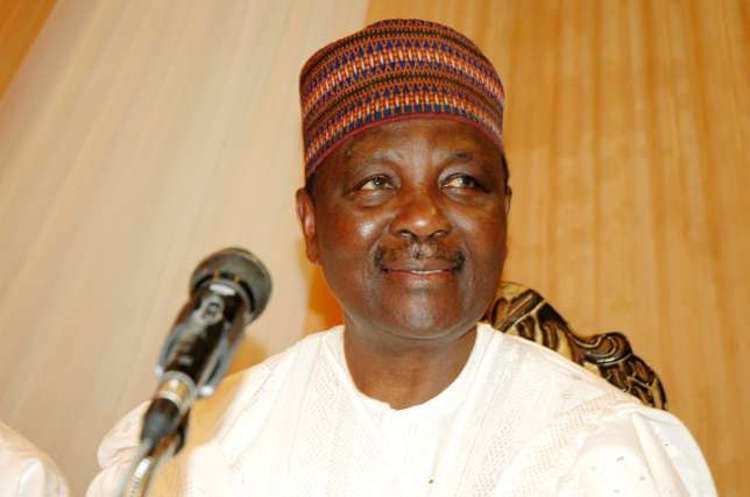Civil War: Group Accuses Gowon of Distorting Aburi Accord History.
- Home
- Civil War: Group Accuses Gowon of Distorting Aburi Accord History.

Civil War: Group Accuses Gowon of Distorting Aburi Accord History.
A group known as Rising Sun has accused Nigeria’s former Head of State, General Yakubu Gowon (retired), of misrepresenting the events surrounding the failure of the Aburi Accord of 1967, which they say contributed directly to the outbreak of the Nigerian Civil War.
In a statement released on Sunday in Abuja and signed by the group’s President, Chief Maxwell Dede, and Secretary, Rev. Fr. Augustine Odimmegwa, Rising Sun criticized Gowon’s recent remarks on the Accord’s collapse, describing them as misleading and an attempt to revise history.
They challenged Gowon’s claim that the Accord failed because General Chukwuemeka Odumegwu Ojukwu demanded that regional governors control the military. Instead, the group said Ojukwu’s position reflected a genuine push for justice and true federalism.
The Aburi Accord, held in Ghana from January 4 to 5, 1967, was an attempt to prevent Nigeria’s breakup after the coups and ethnic violence of 1966. The agreement, documented in both writing and audio recordings, supported a decentralized structure, regional autonomy, and shared military authority.
According to Rising Sun, if the terms of the Accord had been upheld, the civil war, including mass deaths and destruction, could have been avoided. They alleged that Gowon backed out of the agreement under pressure from the British and Northern elites who wanted a centralized Nigeria to protect colonial business interests, notably those of Shell BP.
“Britain did not want a federation of autonomous regions; it favored a centrally controlled Nigeria under Northern dominance,” the group claimed.
They compared Ojukwu’s demands to the U.S. system where state governors control their National Guards, questioning why such a structure would be considered treasonous in Nigeria.
The group argued that the failure to implement the Accord has left lasting consequences—widespread insecurity, economic challenges, and what they describe as a centralized system wrongly labeled as federalism.
They urged scholars and historians to revisit the original documents and recordings of the Aburi Accord to uncover the truth and counter what they called Gowon’s historical inaccuracies.
“Ojukwu’s position was not about secession. It was about safety, fairness, and regional self-governance,” the statement concluded.
The group’s remarks come amid continued national debates over Nigeria’s federal structure and increasing calls for political restructuring.

Content & Editorial Manager – Leads the creation, review, and publication of high-quality news and media content. She ensures that all editorial work reflects the organization’s standards of accuracy, professionalism, and relevance, while also engaging and informing the audience.
As the key driver of TokinPoint Media LTD’s editorial voice, the manager oversees content planning, assigns tasks to writers or editors, enforces deadlines, and ensures consistency across all platforms. She also plays a strategic role in aligning content with audience interests and search engine optimization (SEO) best practices.
Discover more from TokinPoint
Subscribe to get the latest posts sent to your email.
- Share
Faith Kegh
Content & Editorial Manager - Leads the creation, review, and publication of high-quality news and media content. She ensures that all editorial work reflects the organization’s standards of accuracy, professionalism, and relevance, while also engaging and informing the audience.
As the key driver of TokinPoint Media LTD's editorial voice, the manager oversees content planning, assigns tasks to writers or editors, enforces deadlines, and ensures consistency across all platforms. She also plays a strategic role in aligning content with audience interests and search engine optimization (SEO) best practices.
